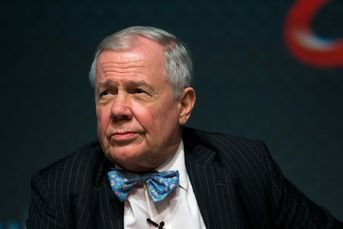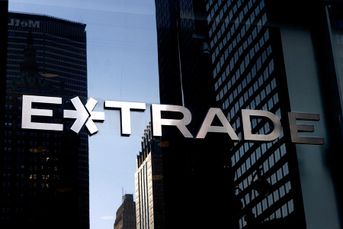Some ETFs to add China A shares — eventually
Move is reaction to addition of this stock in MSCI Emerging Markets Index next year, but changes will be minimal.
MSCI announced Tuesday it would be including Chinese A shares into its widely followed emerging markets index — but its effects will be more like a firecracker than a bombshell.
Starting next year, MSCI’s Emerging Markets Index will add 222 China A large-cap stocks, equaling about 0.73% of the index. MSCI will make the changes in two steps: One in May 2018 and one in August 2018.
If that doesn’t sound like a big move, it’s because it isn’t. Chinese stocks are already 27.7% of the MSCI Emerging Markets Index. They’re represented by American Depositary Receipts, such as Alibaba, and by Hong Kong-based companies. A full representation of China in the index would bring that country’s weighting up to about 40%, said Sherwood Zhang, portfolio manager of the Matthews China Dividend fund (MCDFX). “It would take a few years” for the MSCI index to reach full China representation, he said.
One reason MSCI is moving so slowly to include A shares is because China imposes limits on foreign ownership of them. To own A shares, you have to participate in the Qualified Foreign Institutional Investor (QFII) program, which sets quotas on the amount of money participants are allowed to invest. And one reason MSCI is phasing the A shares into its index is concerns that those limits won’t allow investor to buy the amounts they want, at least initially.
Chinese A shares rallied on the news, but Mr. Zhang said the main benefit will not be a flood of money into the market, because of the limits on foreign investment. Nor does it mark a magic moment of acknowledgement by the rest of the world. “The Chinese market is already big enough — it doesn’t need additional recognition,” he said. “It’s too big to be ignored.”
But the inclusion of A shares into the MSCI indexes does mean that Chinese companies will have to improve their corporate governance, which foreign institutional investors prize. And it could also act as a brake on the soaring valuations of some Chinese companies, because foreign institutions tend to shy away from nosebleed-level stocks.
And for ETF investors, the announcement may make no difference at all. Some fund companies, such as Vanguard, don’t follow the MSCI Emerging Markets Index. For example, the $75 billion Vanguard FTSE Emerging Markets ETF (VWO), the largest emerging-markets ETF, follows an index that already includes China A shares. The fund has 28.7% of its assets in China, according to Morningstar.
Learn more about reprints and licensing for this article.








